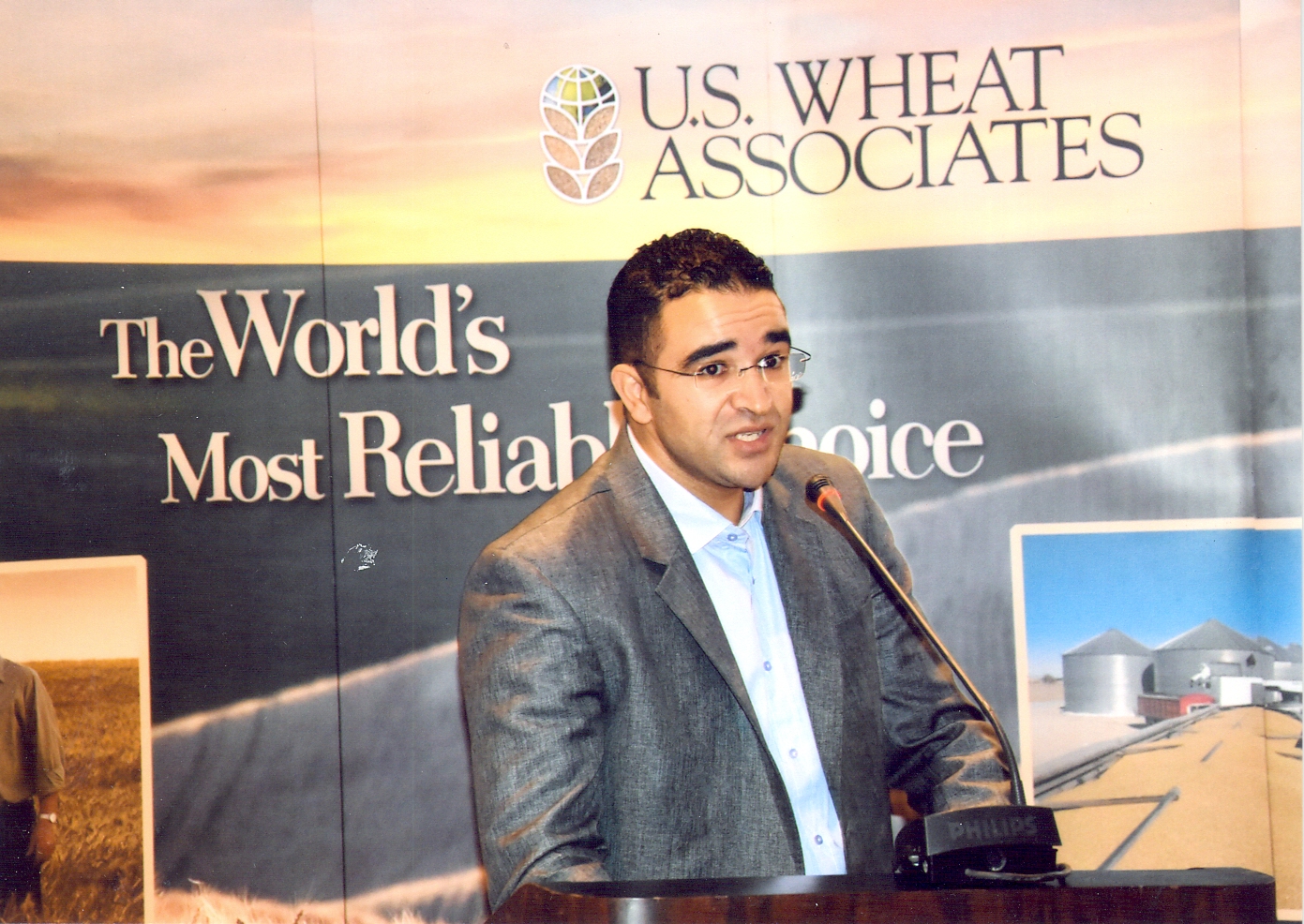The competitive situation in Egypt’s large wheat import market for subsidized bread led USDA Foreign Agricultural Service cooperator U.S. Wheat Associates (USW) to reduce its presence in Egypt in 2017. However, USW has identified a niche opportunity for U.S. hard red spring (HRS) and hard red winter (HRW) in Egypt’s growing demand for pasta.
According to Euromonitor, at an annual value of more than $843 million, Egypt is the world’s seventh largest pasta market and ranks ninth largest in consumption. Because it is popular and affordable, pasta consumption will grow by 5 percent in the next five years Euromonitor predicts. Acceptable quality pasta requires higher protein wheat than Black Sea classes can provide alone, so USW targeted industries and companies interested in sourcing higher quality flours and is investing funds from the Market Access Program (MAP) in trade and technical servicing to encourage those companies to demand quality flour from private flour mills.
For example, USW met with the largest Egyptian pasta manufacturer to demonstrate how to adjust their flour specifications to improve their premium products. USW made recommendations that would target flour from HRS for the company’s long goods pasta products. USW also worked closely with specific milling companies to show how blending U.S. HRW or HRS with Black Sea wheat would help improve the quality of and income from their pasta flour products.
An Egyptian trading company serving these millers purchased 50,000 MT of 12.5% (12% moisture basis) protein HRW in 2018/19 specifically as an ingredient for pasta flour. And while the premium pasta maker did purchase flour produced from Australian wheat to hold down its costs, it worked with its flour supplier to import U.S. HRS in December 2018 and signaled its intention to purchase more HRS.
USW also advised Egypt’s government grain purchasing agency, GASC, to issue a specific tender for 12% protein HRW for the government’s subsidized pasta program, another large potential niche market. GASC is currently testing HRW samples sent by USW through the Quality Samples Program to determine if HRW meets their requirements.
In addition to the 50,000 MT of HRW specifically imported for pasta flour, in marketing year 2018/19 Egypt imported 49,500 MT of HRS, benefiting U.S. farmers in Minnesota, North Dakota, South Dakota and Montana, as well as U.S. wheat export supply participants. A trade service visit to Egyptian private sector mills and buyers in April 2019 confirmed they will continue to consider U.S. wheat as an ingredient in their high-quality products, especially pasta.



